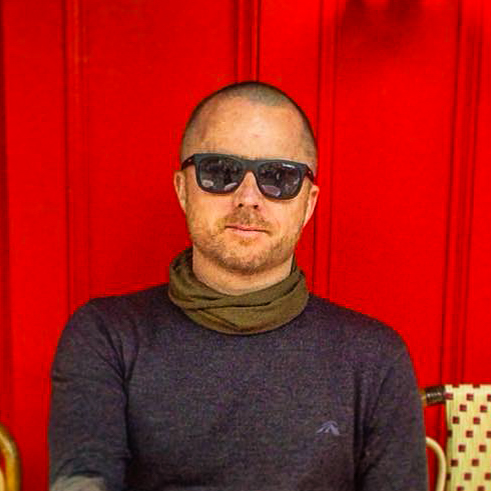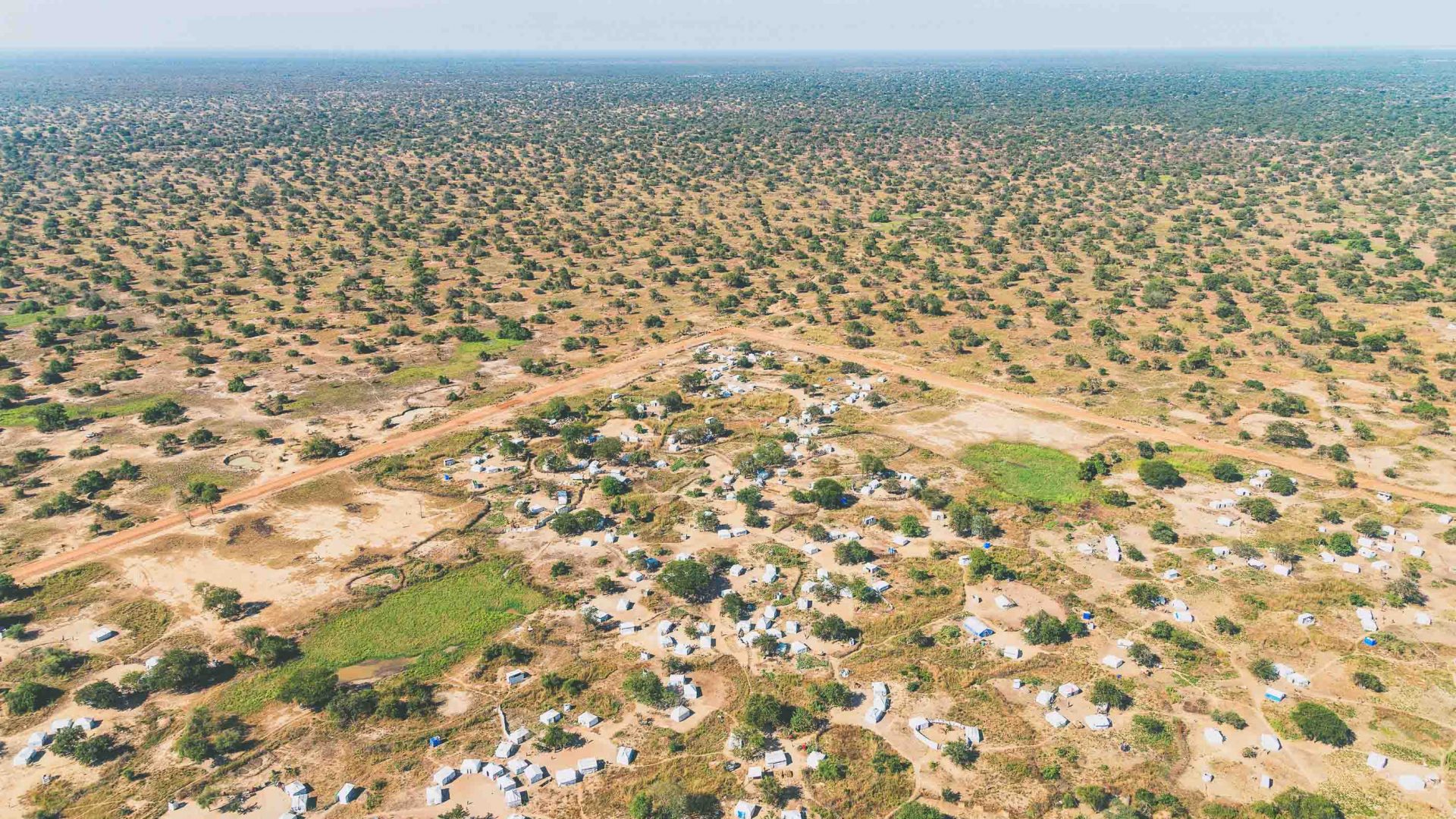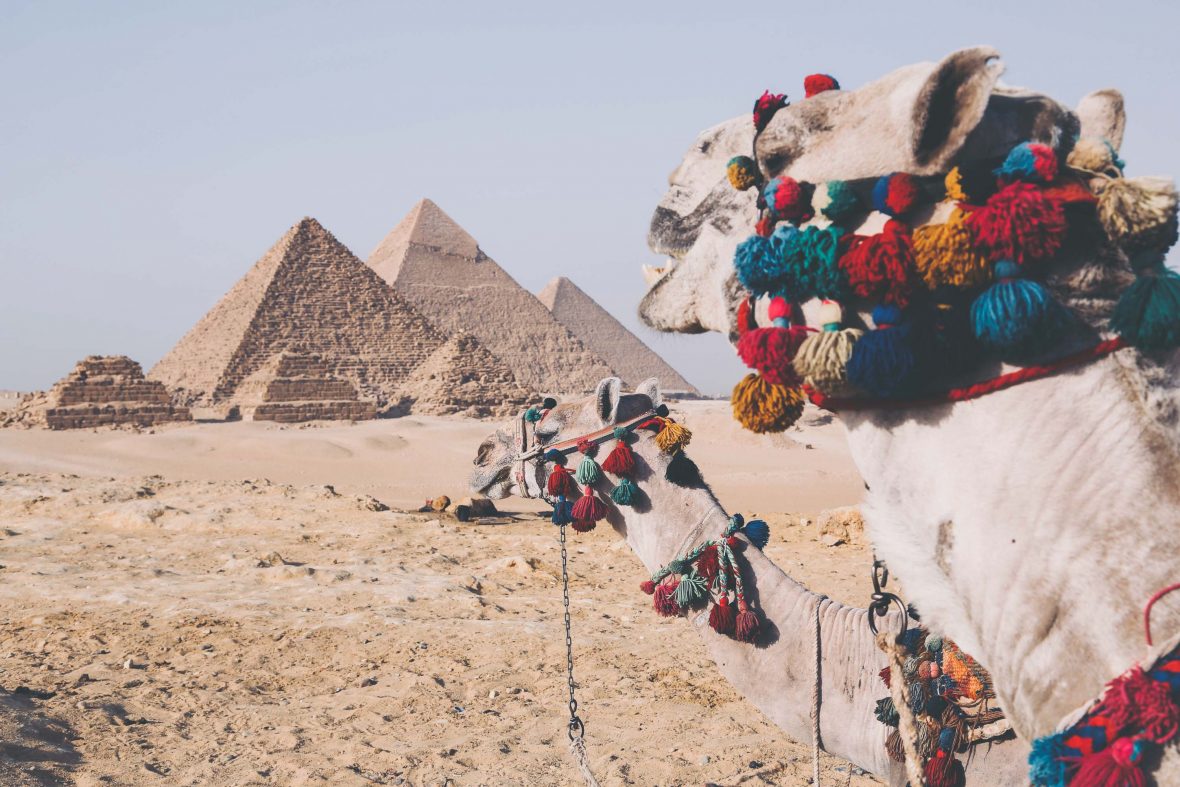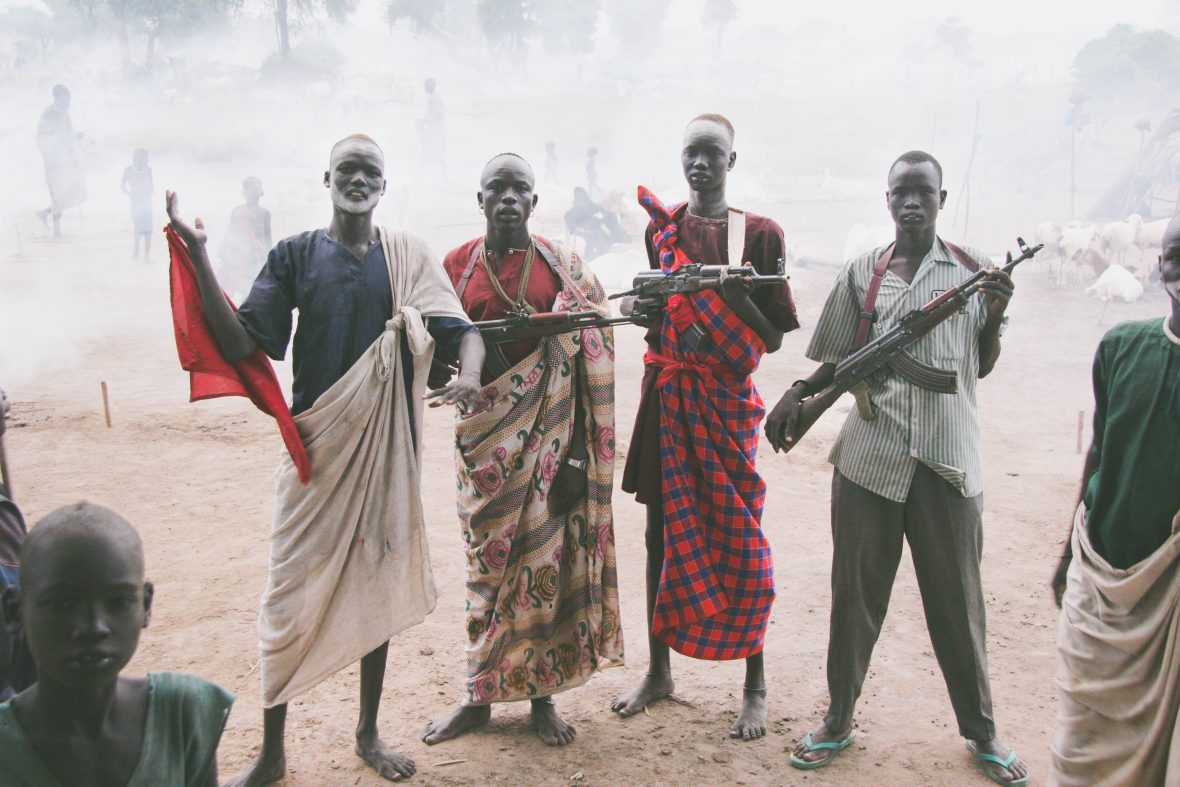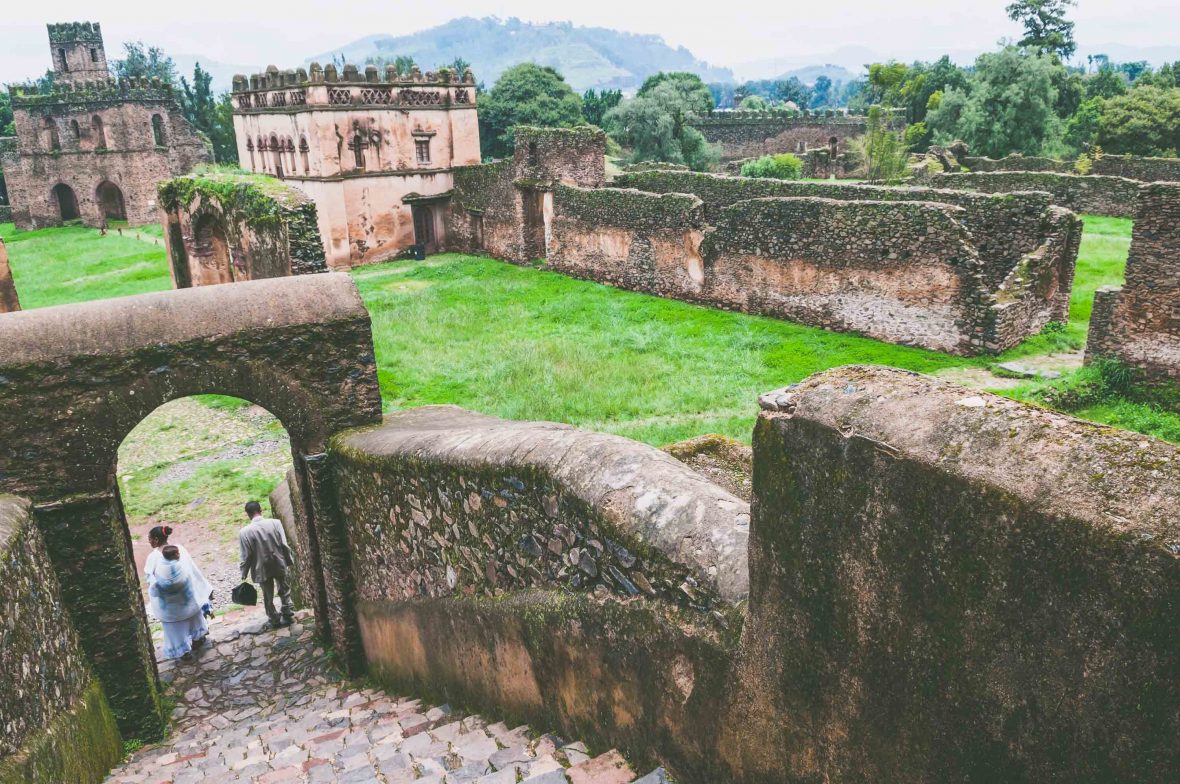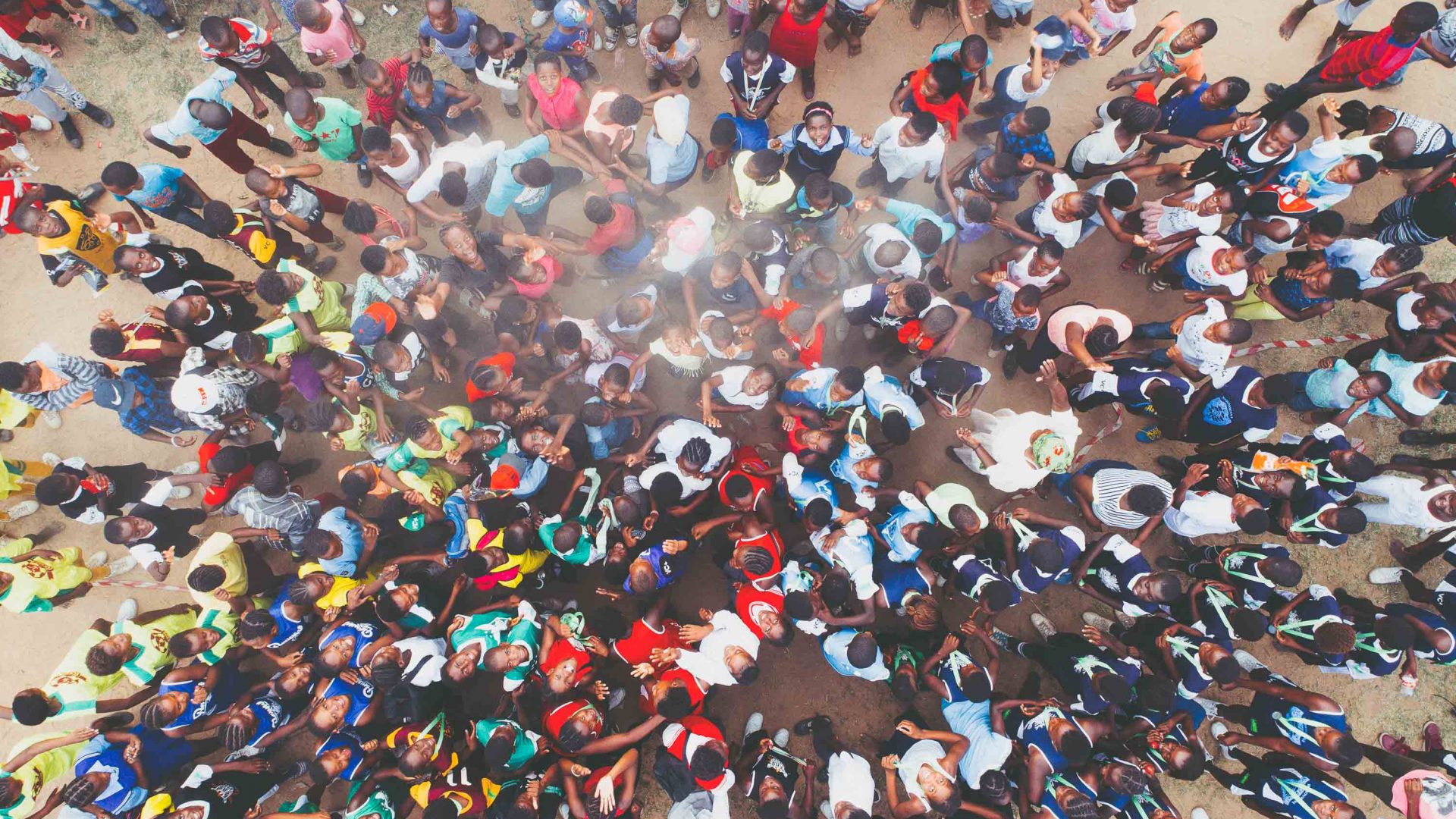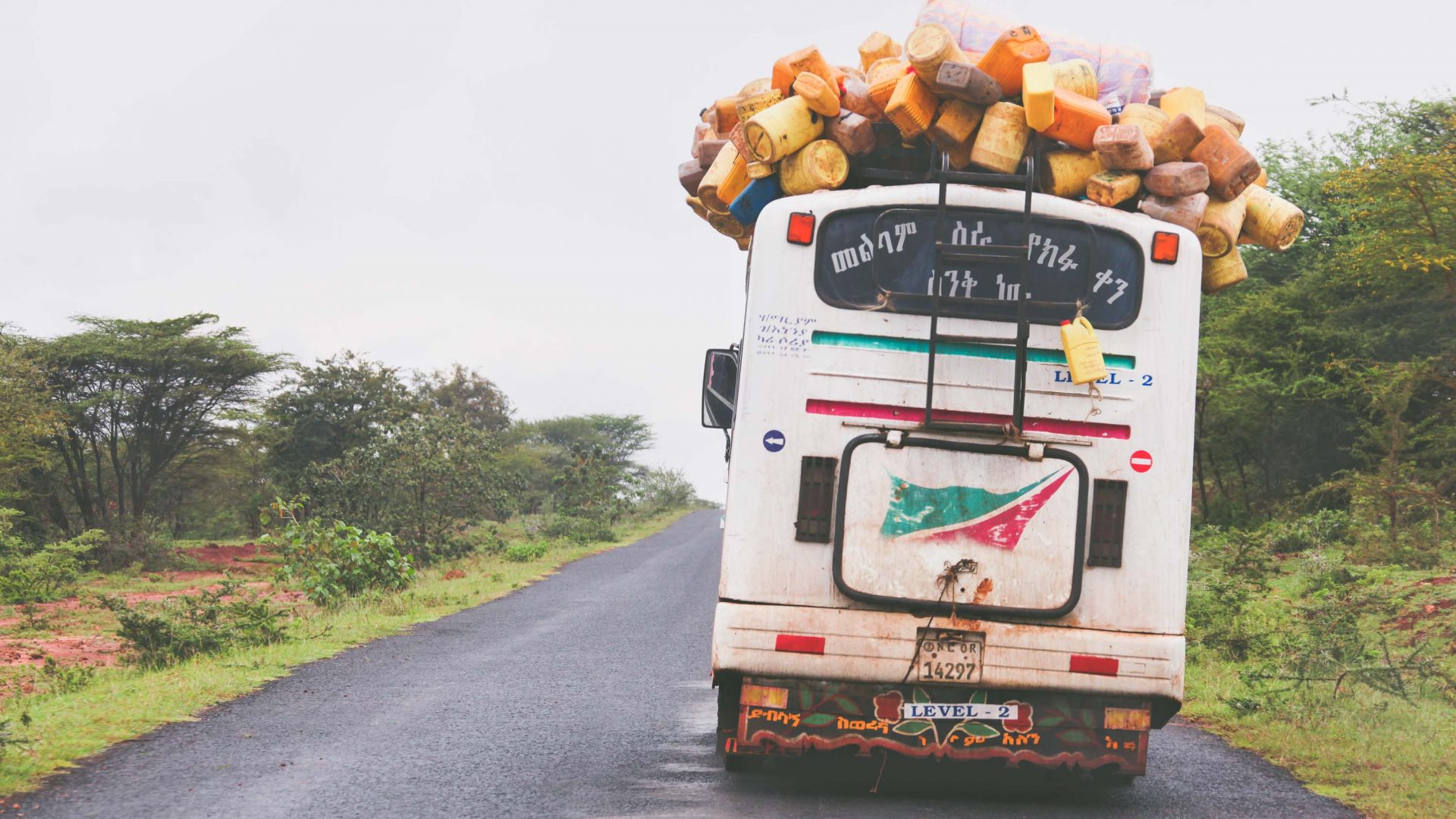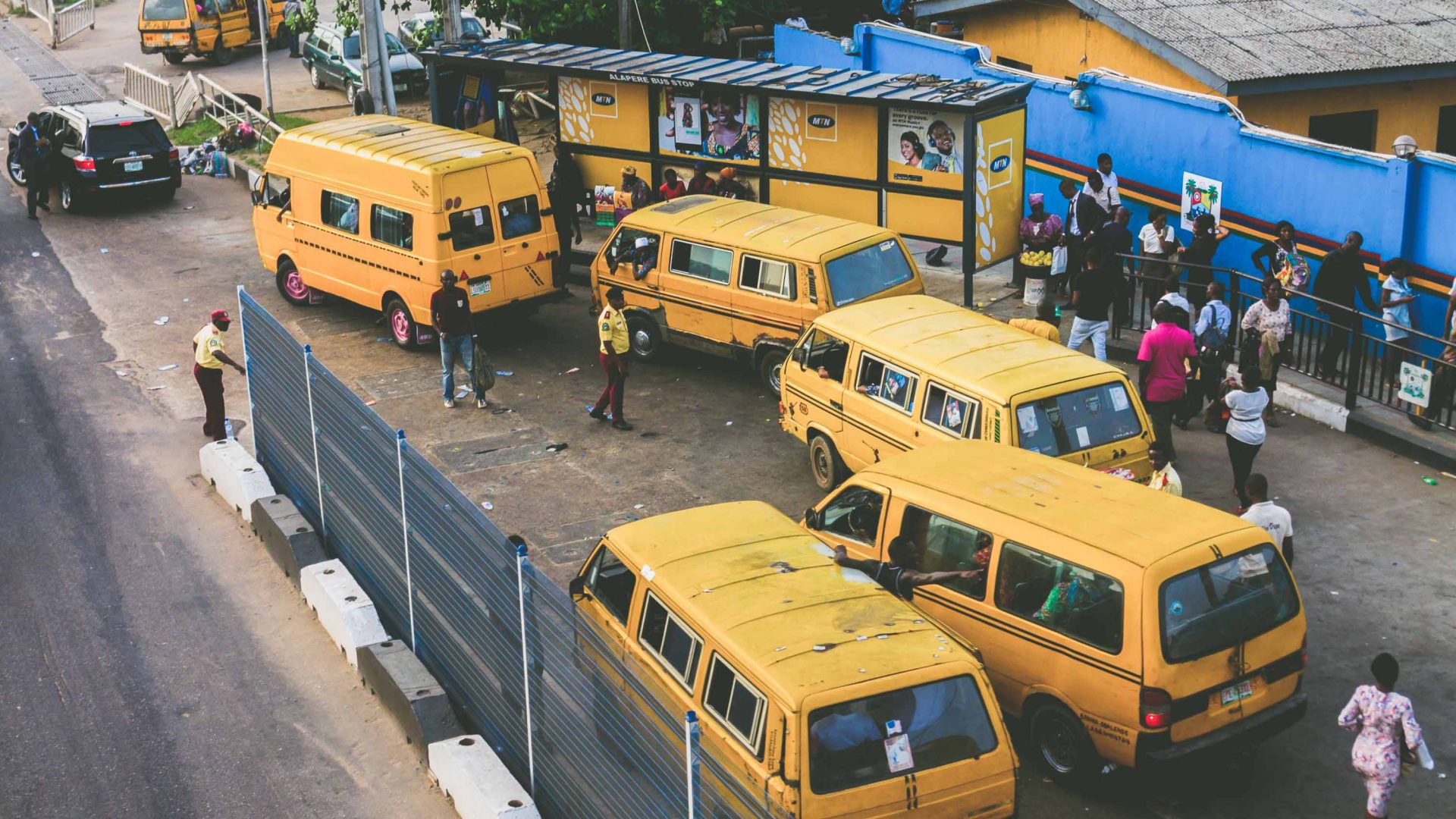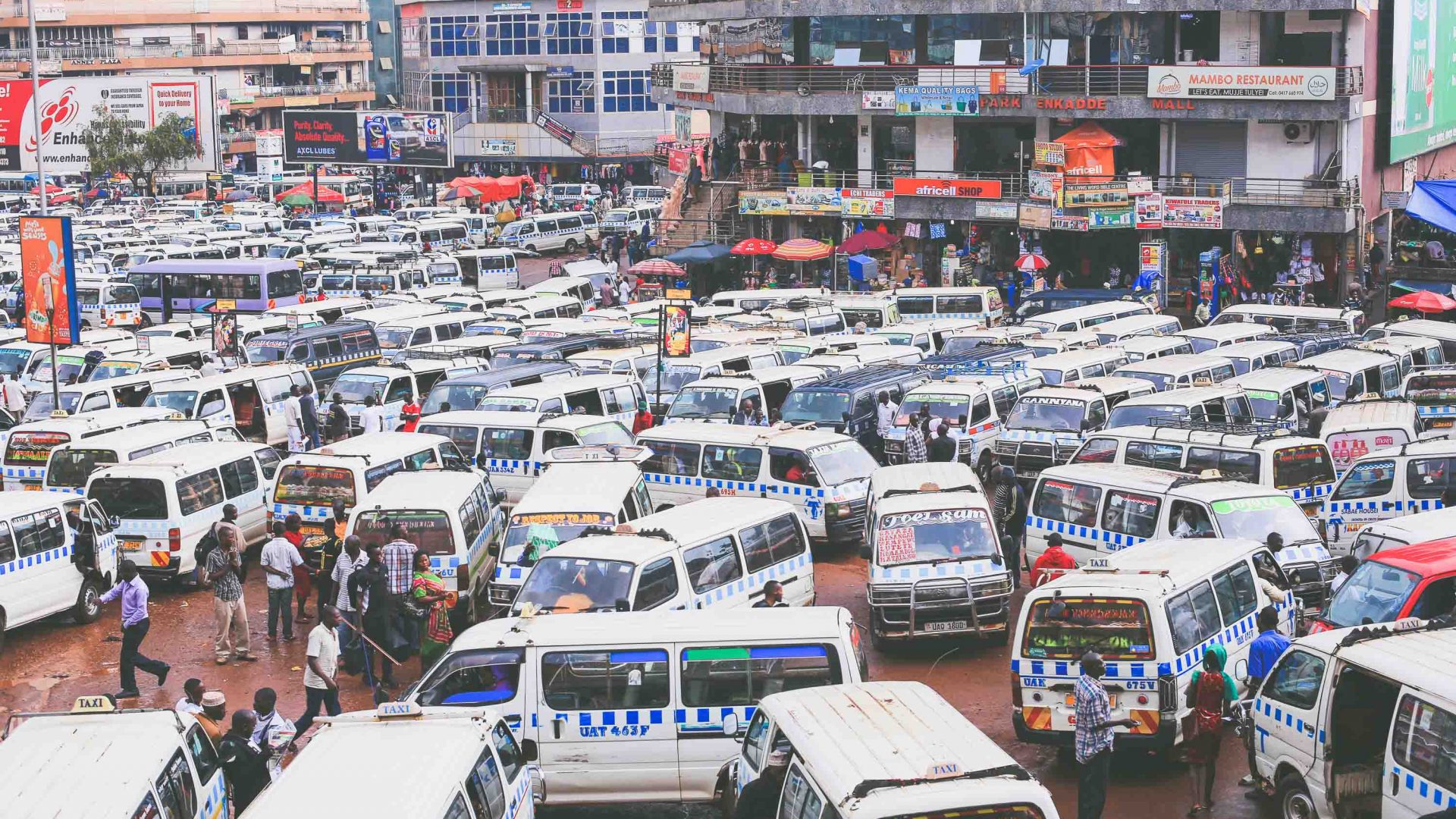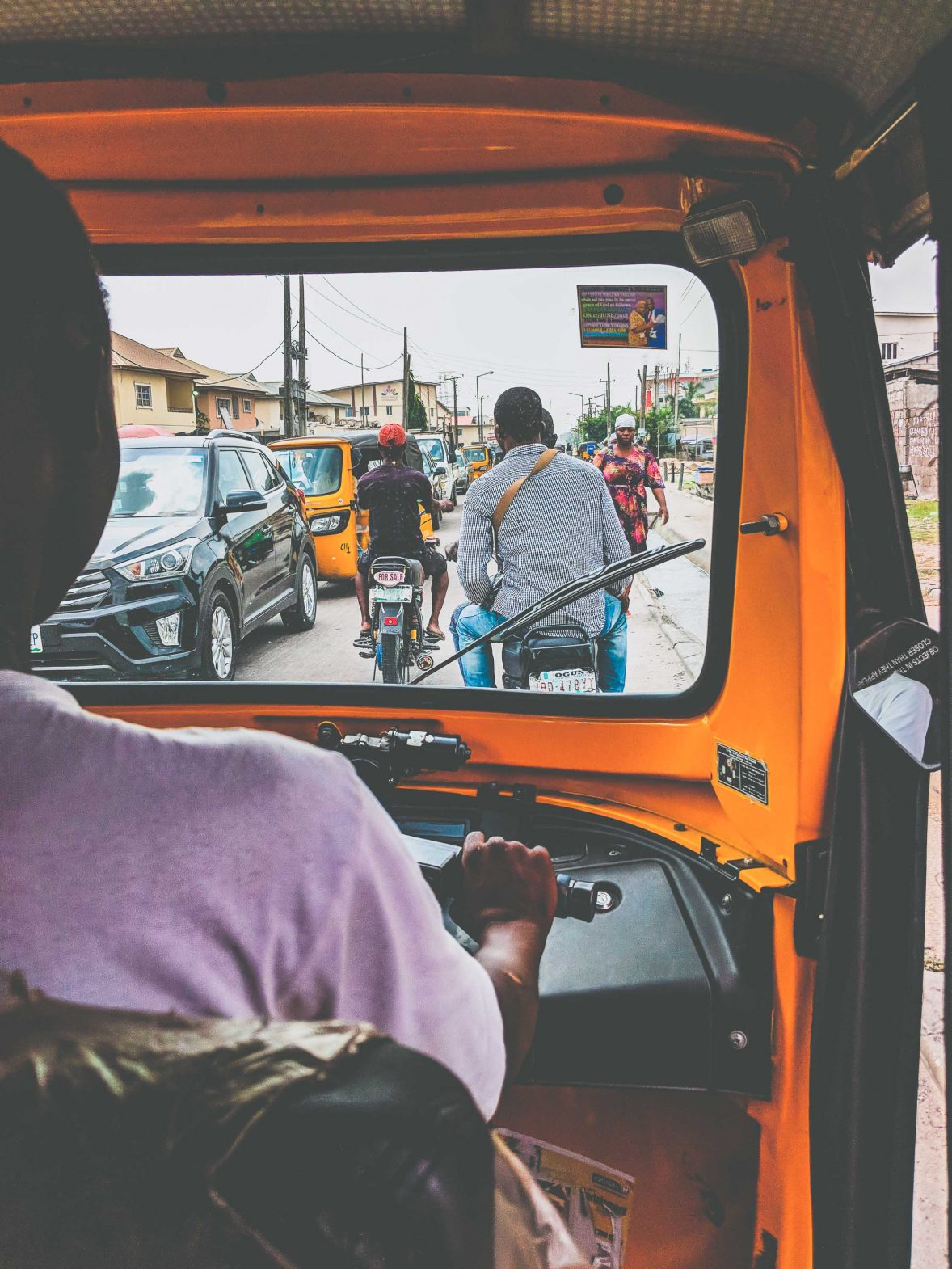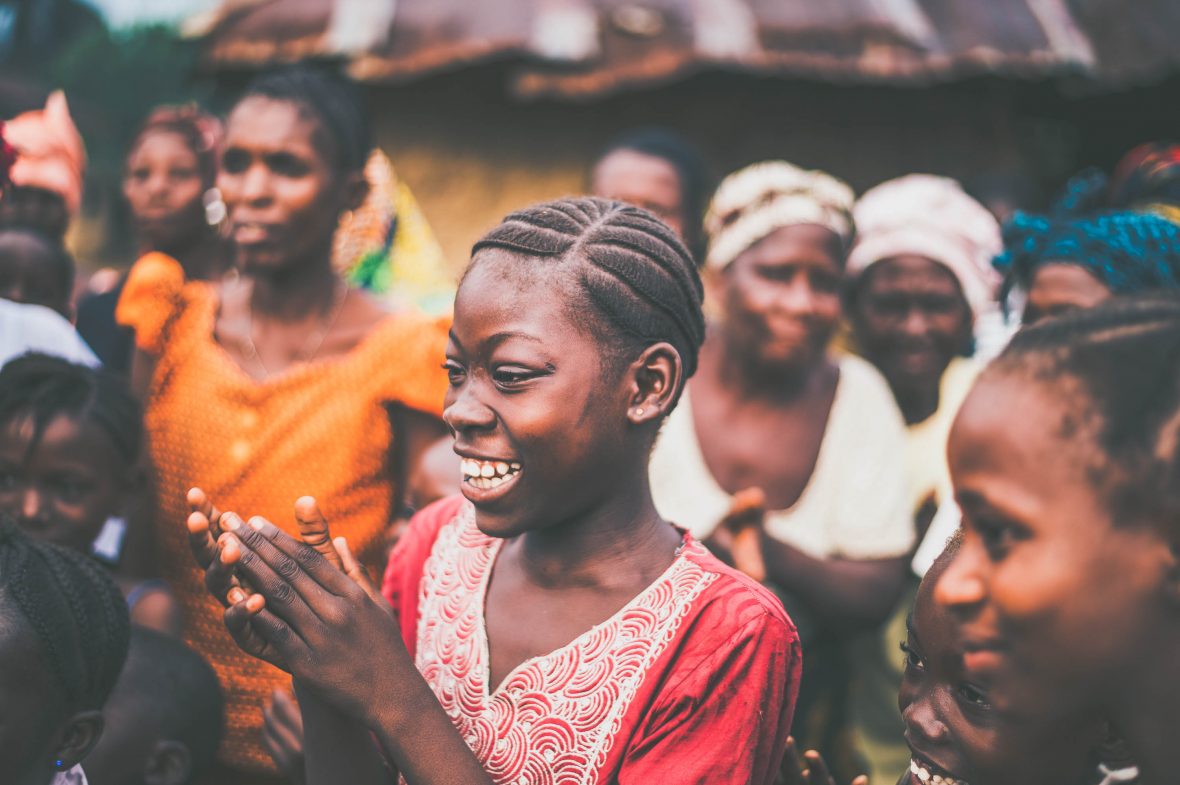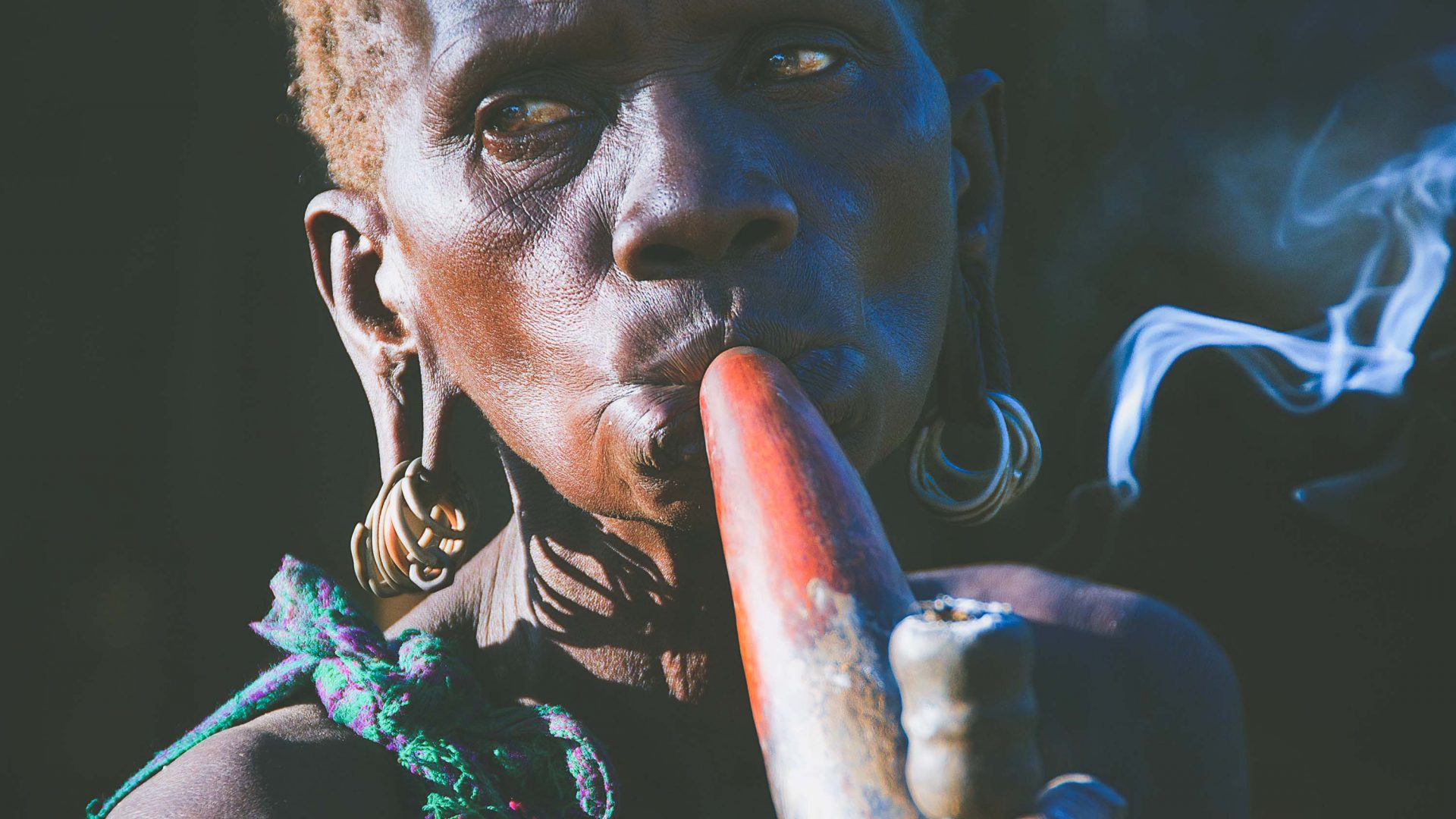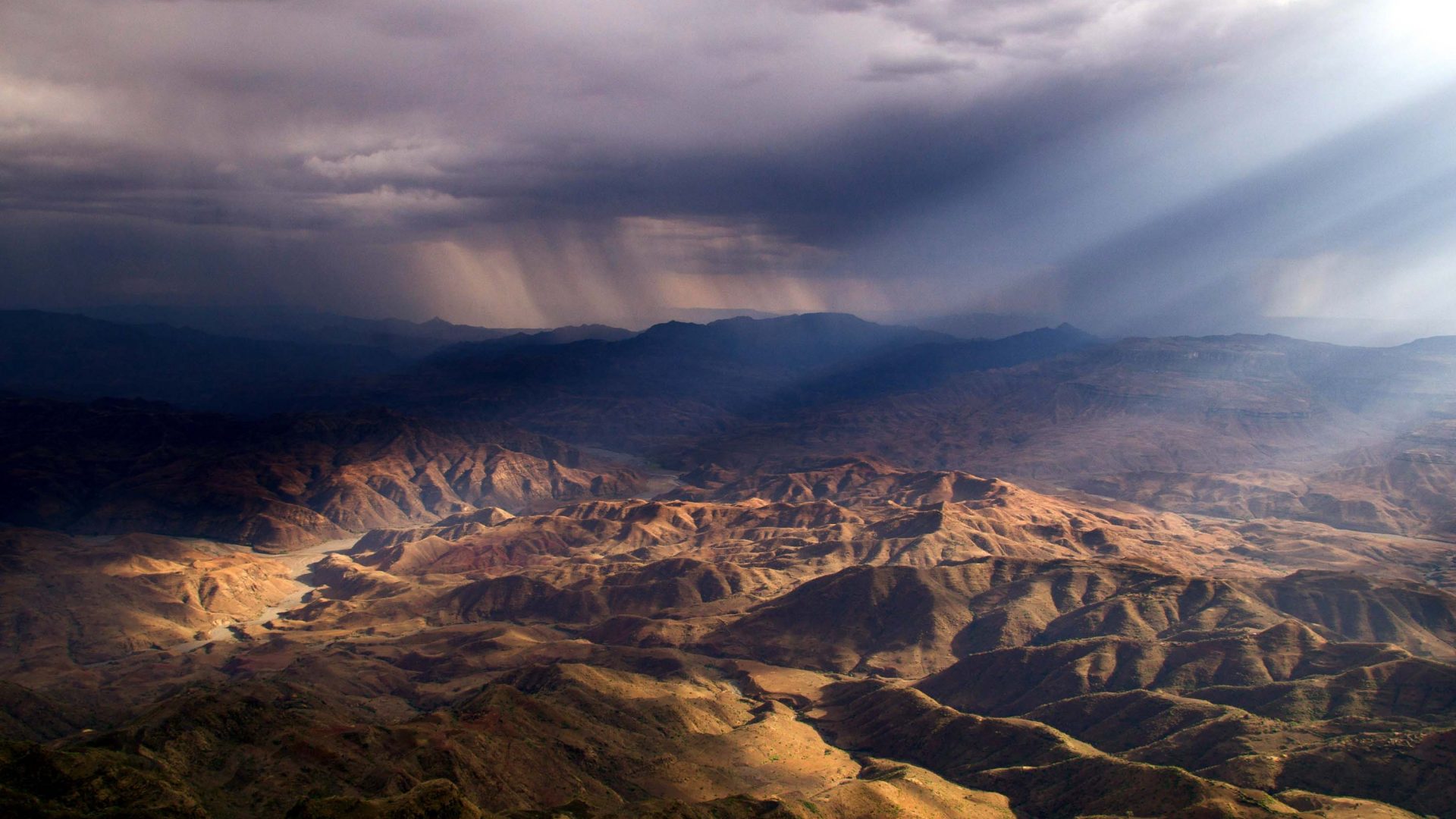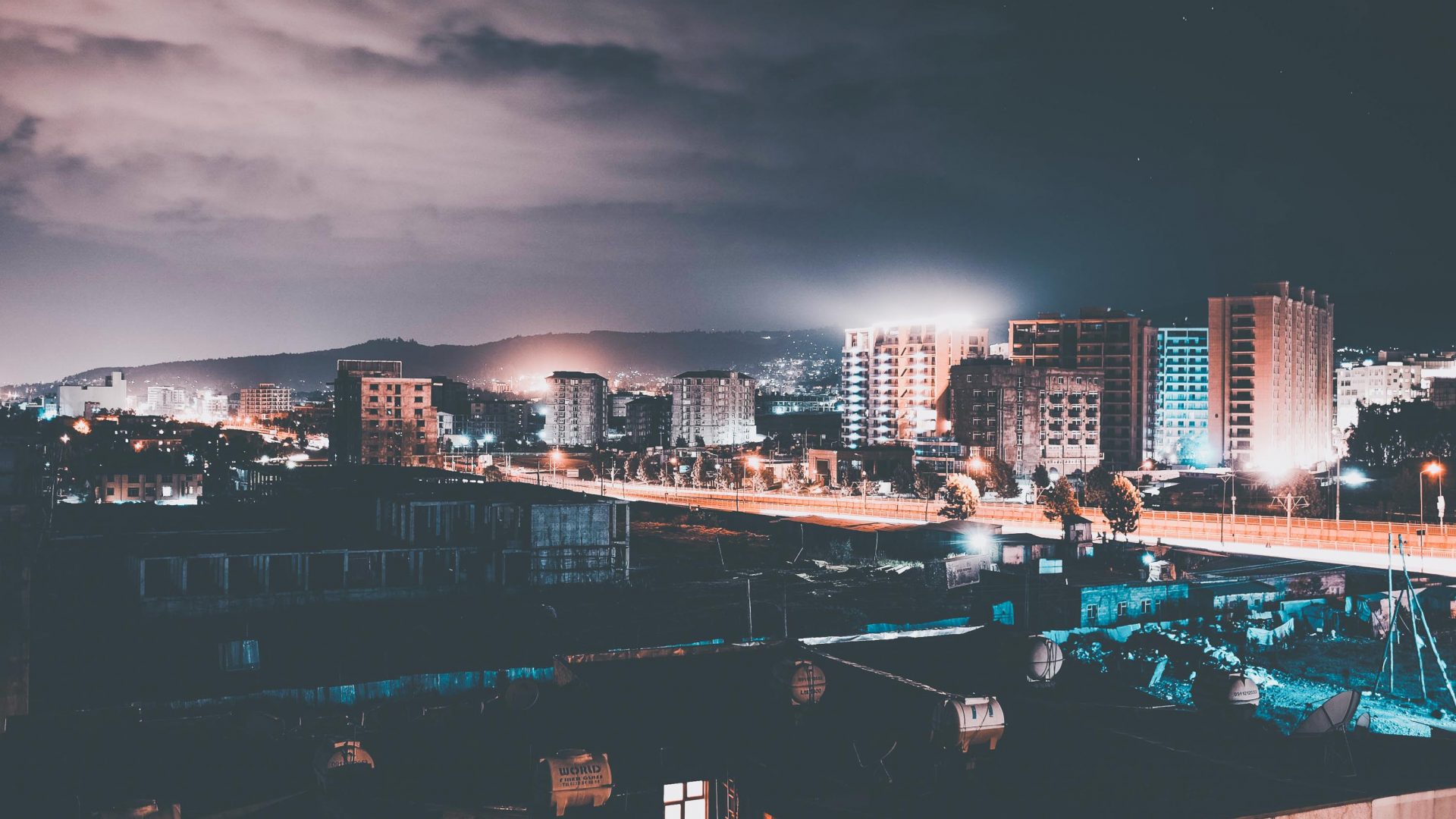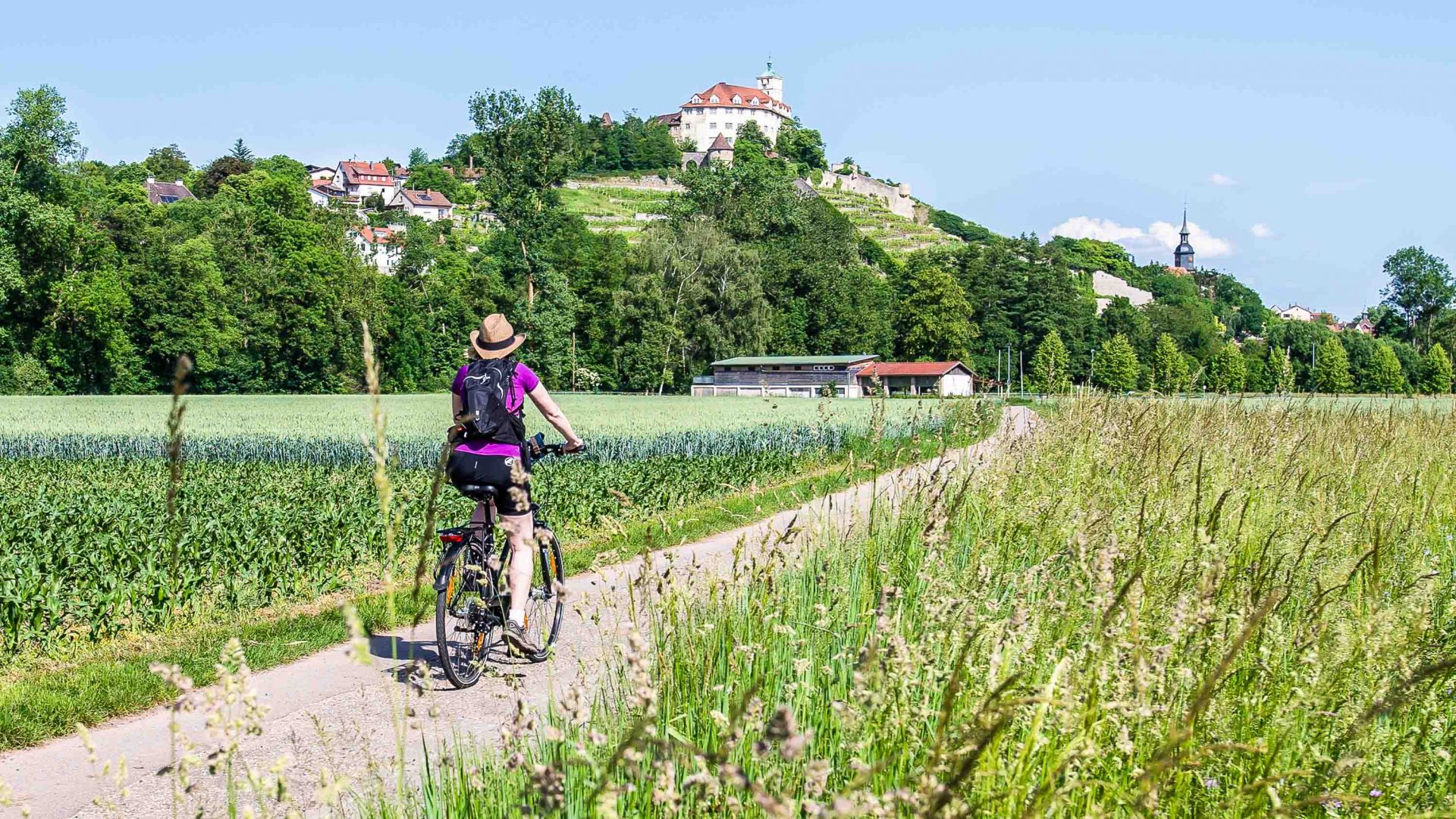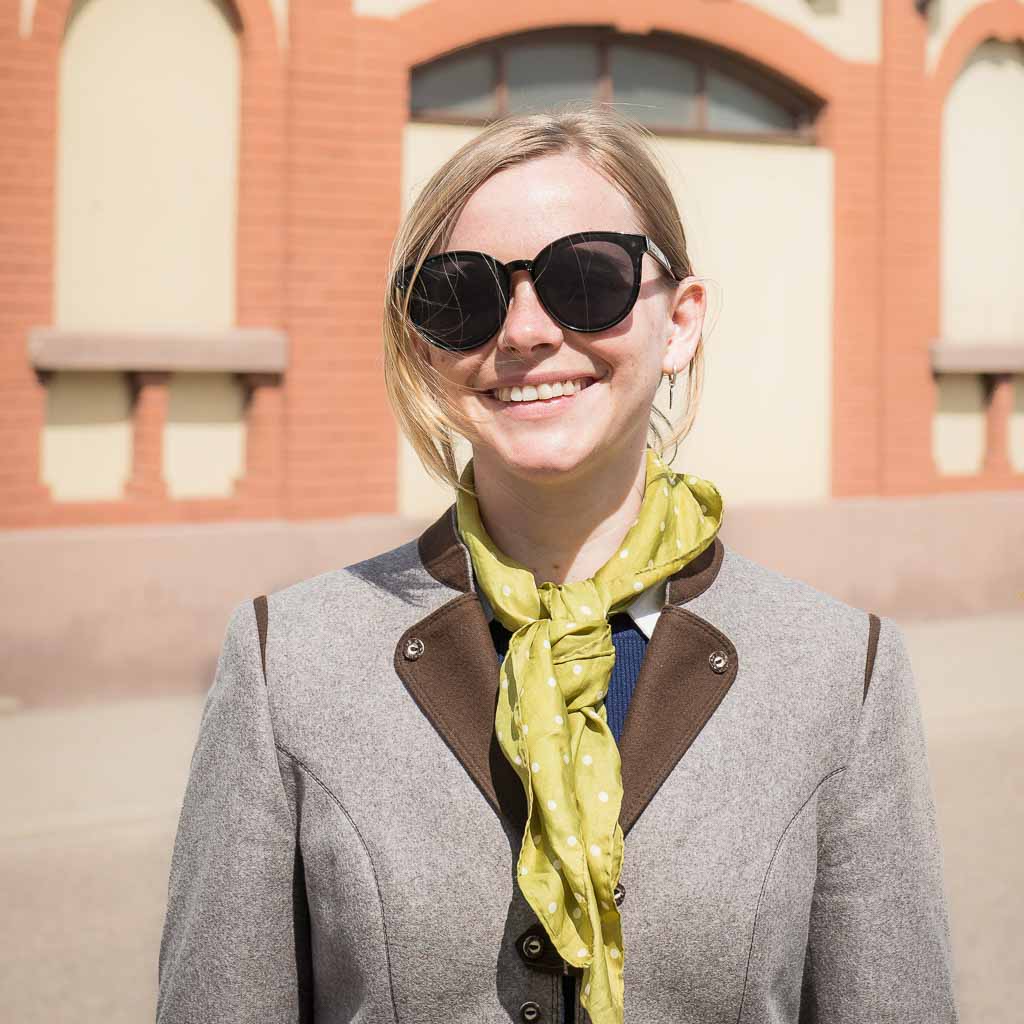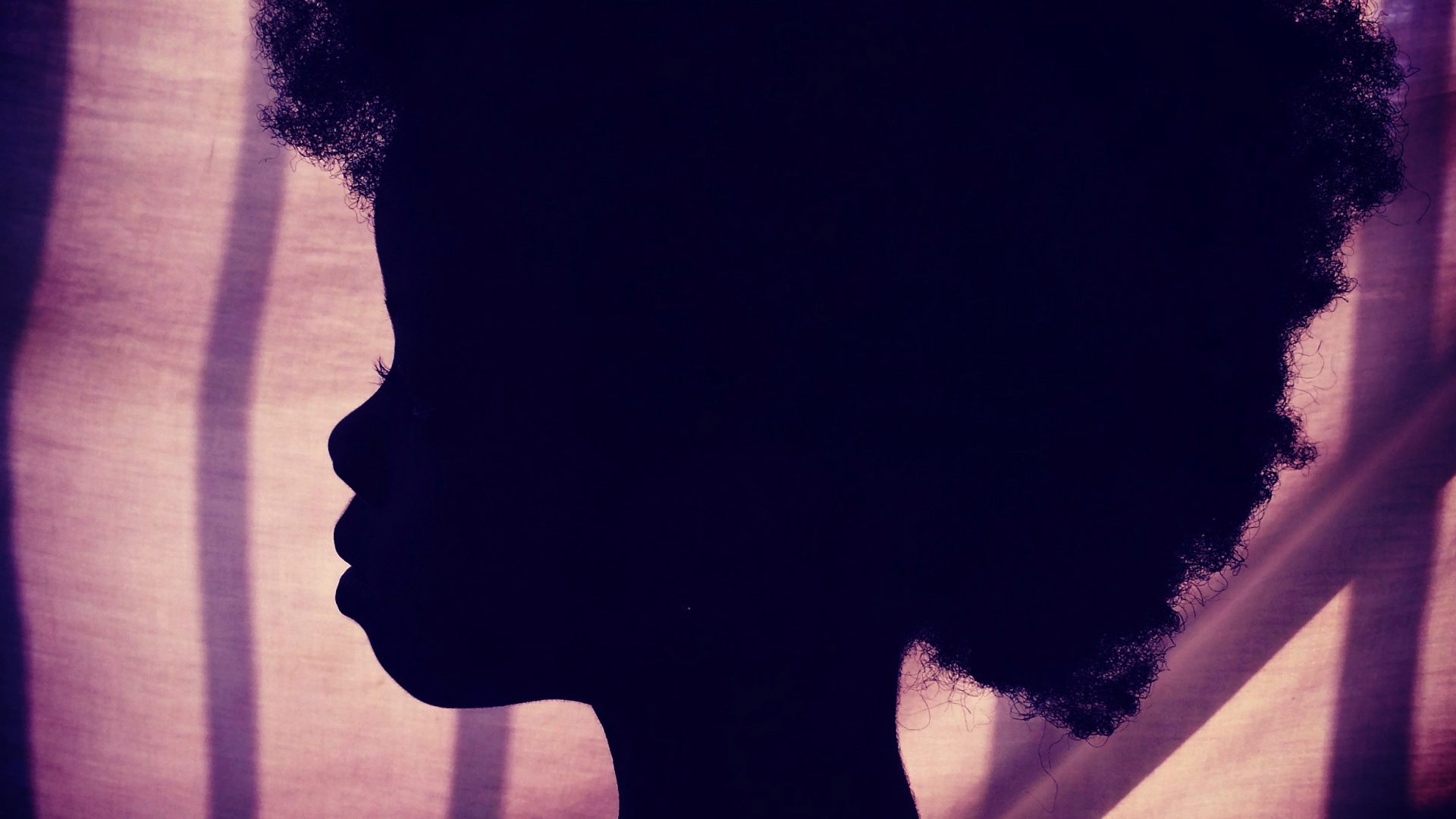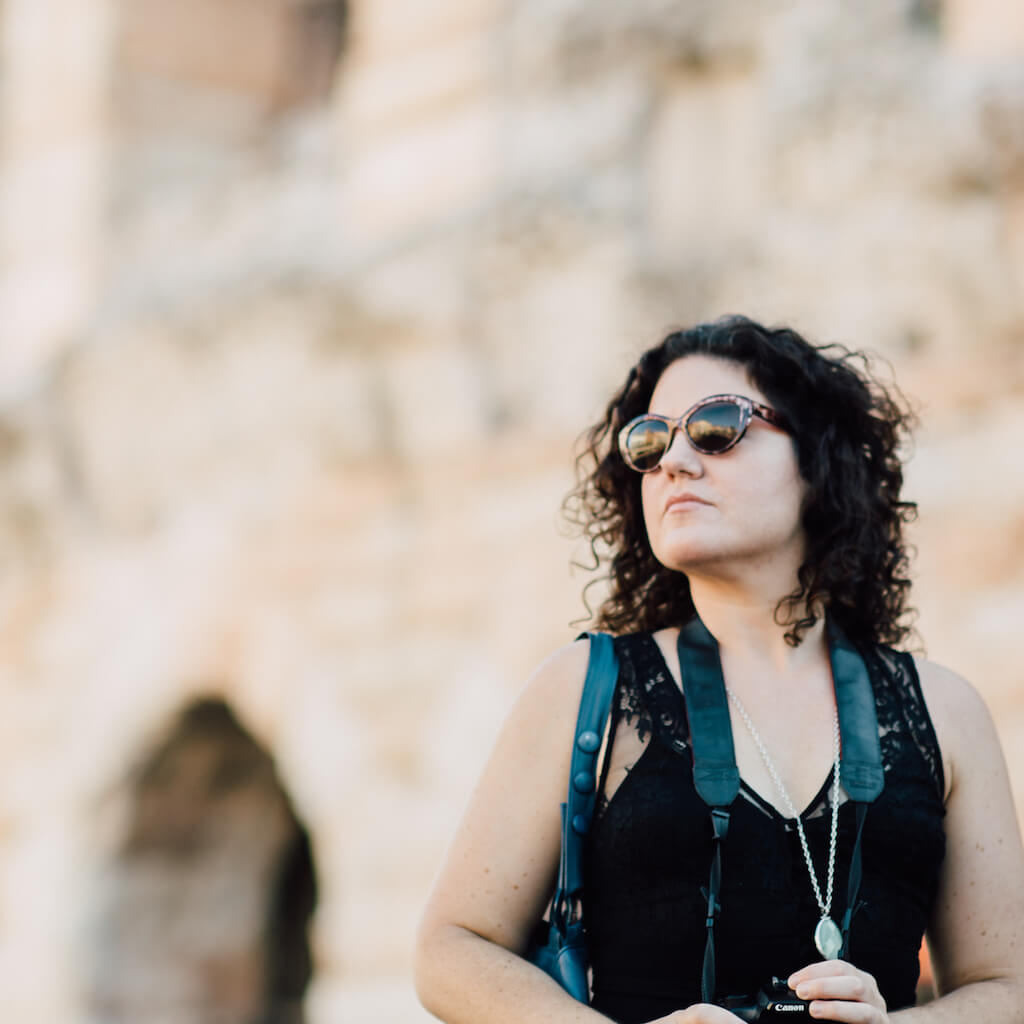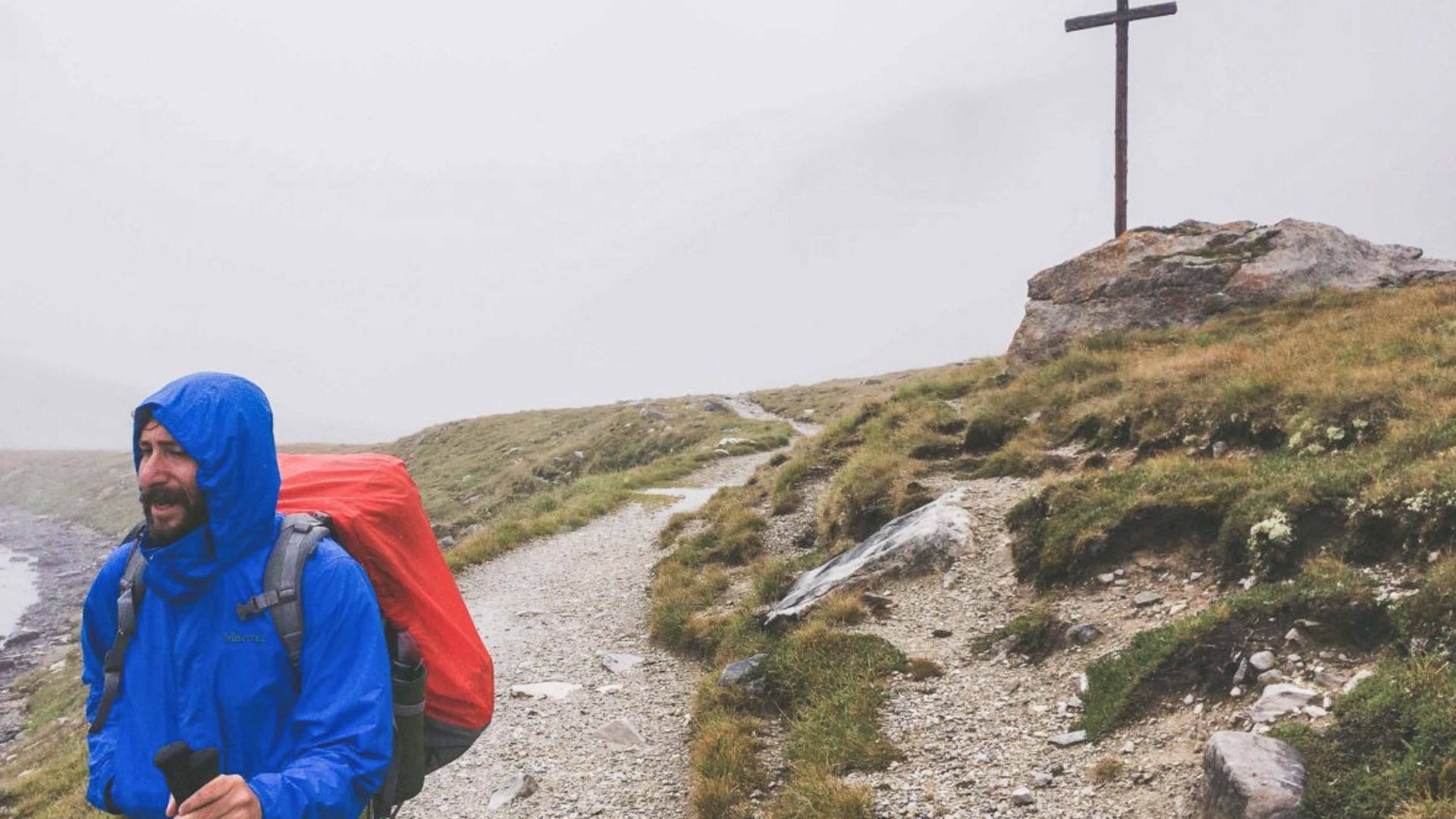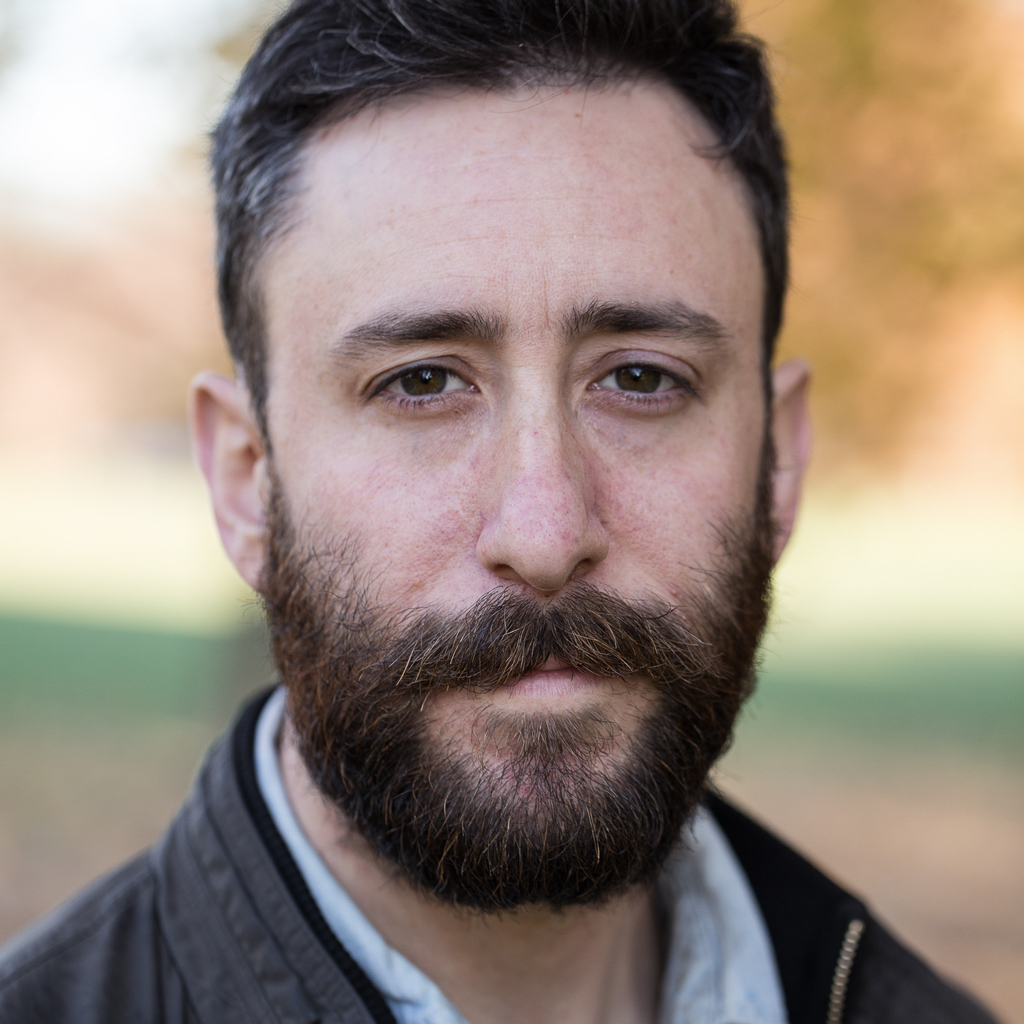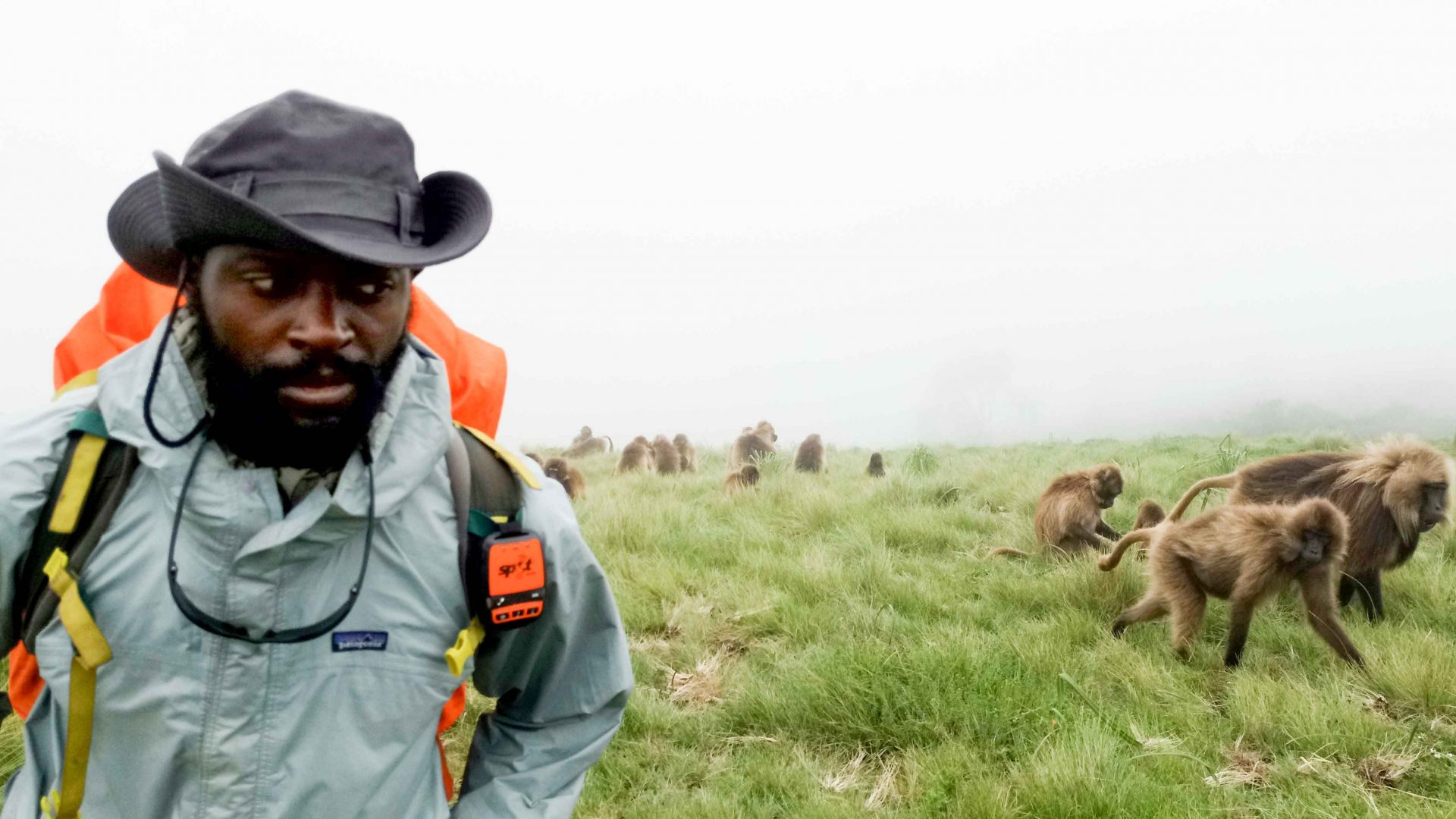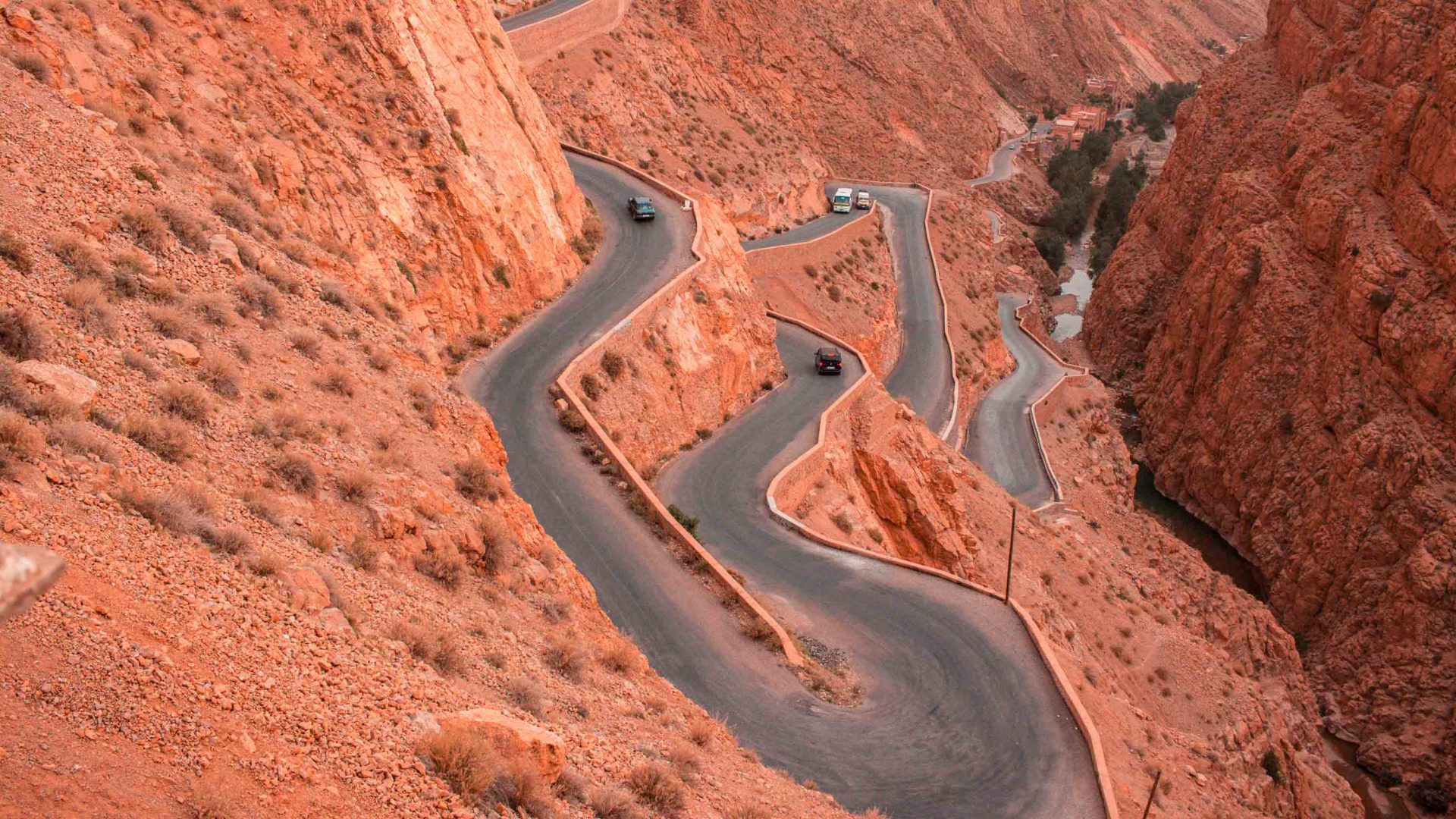
During a journey that spanned 10,000 kilometers and 317 pieces of public transport, Steve Madgwick learned some things. Not least, that there’s no room for clichés on the world’s second-largest continent.
“You go to jail for seven years,” screams a soldier with war-nervous eyes. He’s the second to summarily sentence me in the past few minutes.
His finger fidgets above the trigger of his Soviet-surplus machine gun. With his other hand, he grasps the snatched camera like he’s trying to crush it for recycling; its strap snapped by the altercation.
Nothing clears the mind like being arrested at gun point, simultaneously by both police and military, then cached away to a remote compound of a country in which your travel insurer has no interest and where you have no embassy.
